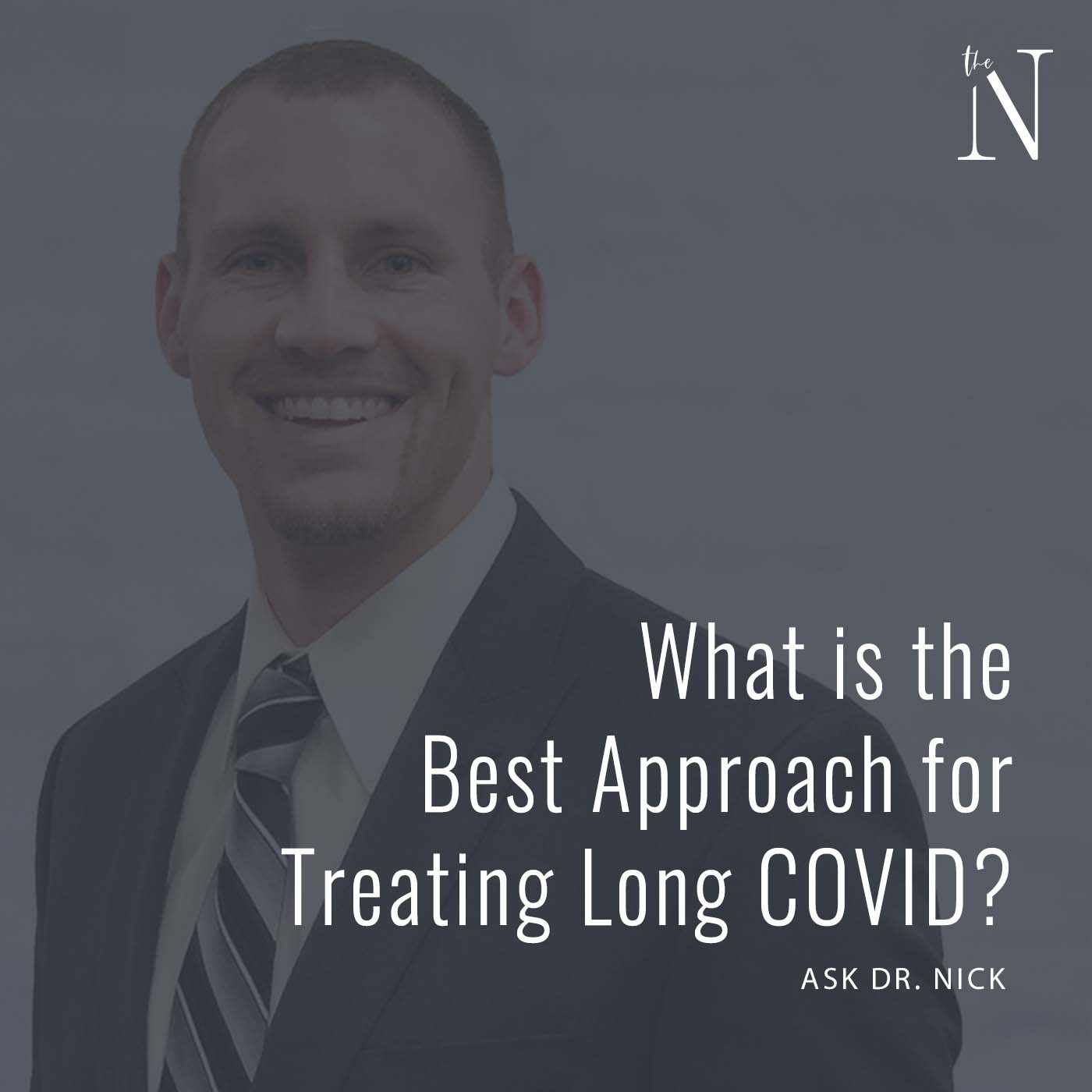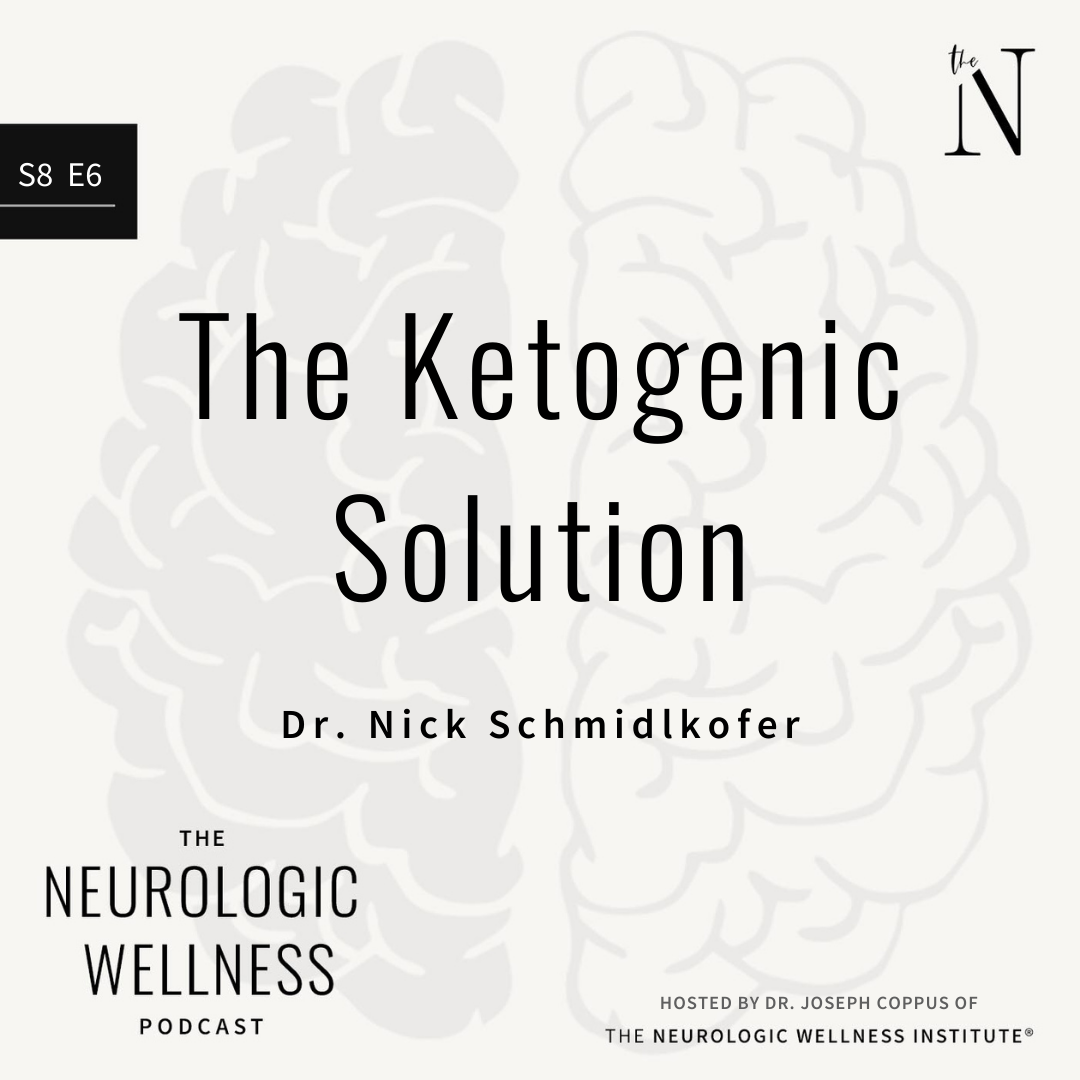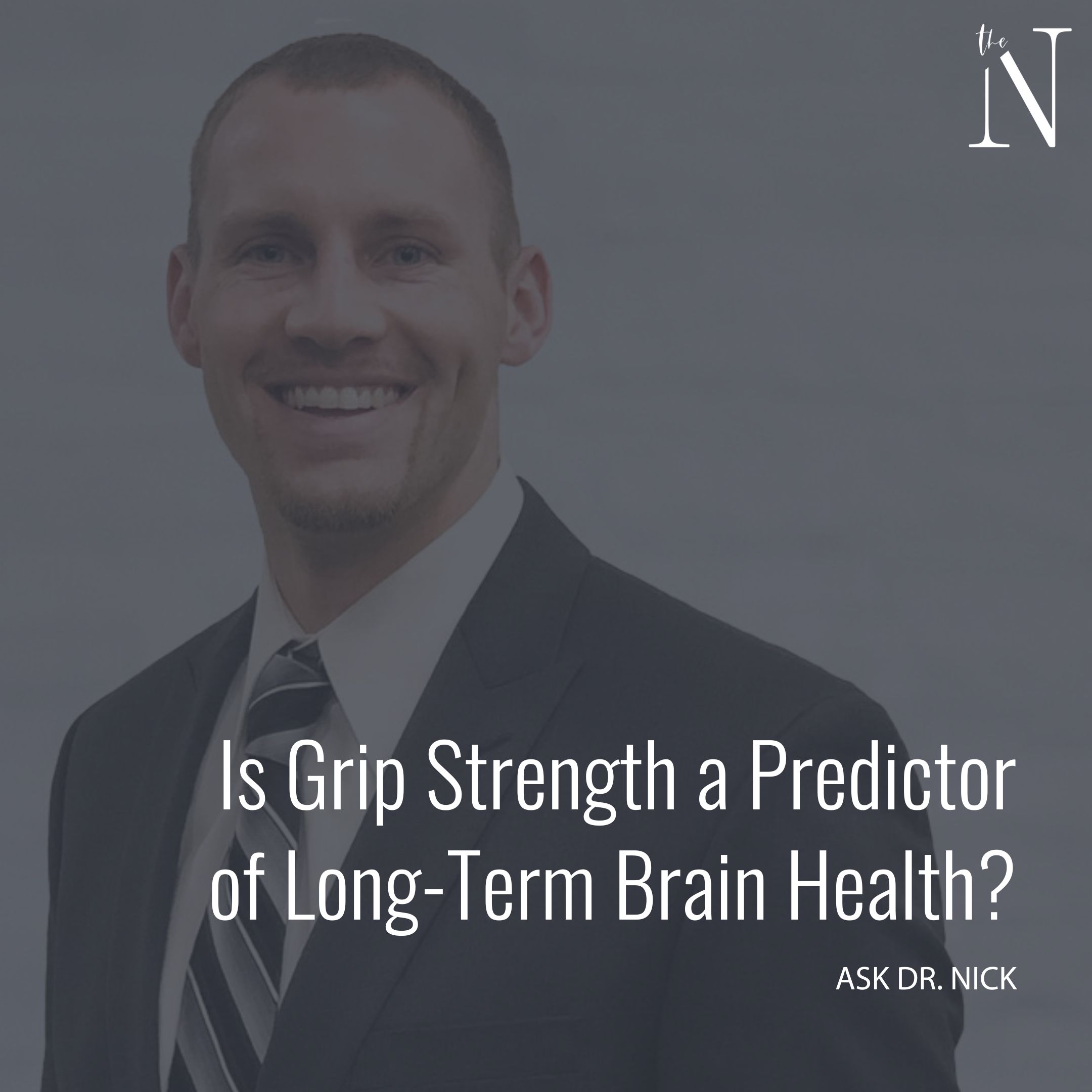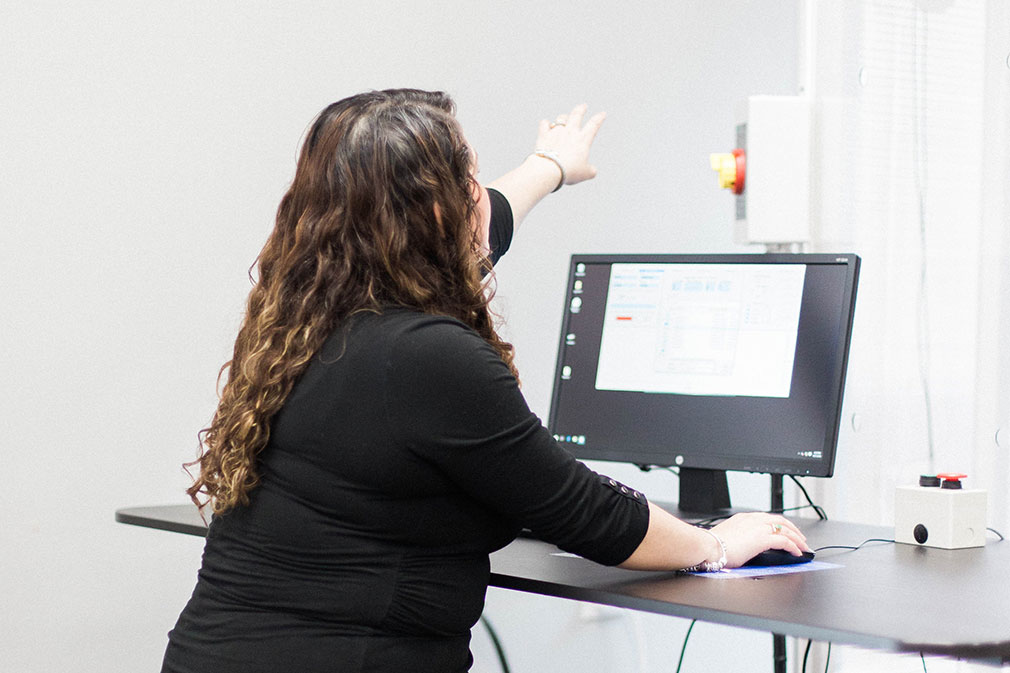 Multi-disciplinary research has revealed that direct skin contact (bare feet or hands) with the natural ground has potential health benefits which relate to inflammation, immune responses, wound healing, and autoimmune diseases. Grounding or earthing refers to direct skin contact with the surface of the Earth, such as with bare feet or hands, or with various grounding systems. Subjective reports that walking barefoot on the Earth enhances health and provides feelings of well-being can be found in the literature and practices of diverse cultures from around the world.
Multi-disciplinary research has revealed that direct skin contact (bare feet or hands) with the natural ground has potential health benefits which relate to inflammation, immune responses, wound healing, and autoimmune diseases. Grounding or earthing refers to direct skin contact with the surface of the Earth, such as with bare feet or hands, or with various grounding systems. Subjective reports that walking barefoot on the Earth enhances health and provides feelings of well-being can be found in the literature and practices of diverse cultures from around the world.
Recently, a group of about a dozen researchers has been studying the physiological effects of grounding from a variety of perspectives. This research has led to more than a dozen studies published in peer-reviewed journals. Grounding appears to improve sleep, normalize the day–night cortisol rhythm, reduce pain, reduce stress, shift the autonomic nervous system from sympathetic toward parasympathetic activation, increase heart rate variability, speed wound healing, and reduce blood viscosity.
Dominant lifestyle factors such as insulating footwear, high-rise buildings, and elevated beds separate most humans from direct skin connection with the Earth’s surface. An earth connection was an everyday reality in past cultures that used animal skins for footwear and to sleep on. Antioxidants are electron donors, and the best electron donor, we strongly believe, is right under our feet: the surface of the Earth, with its virtually unlimited storehouse of accessible electrons. Electrons from the Earth may in fact be the best antioxidants, with zero negative secondary effects, because our body evolved to use them over eons of physical contact with the ground.
“Our immune systems work beautifully as long as electrons are available to balance the ROS and reactive nitrogen species (RNS) used when dealing with infection and tissue injury. Our modern lifestyle has taken the body and the immune system by surprise by suddenly depriving it of its primordial electron source. A lack of electrons can also de-saturate the electron transport chains in mitochondria, leading to chronic fatigue and slowing the cellular migrations and other essential activities of the cells of the immune system. With time, the immune system becomes weaker and the individual more vulnerable to inflammation or infections that may not heal. Specifically, which part or parts of the body the weakened immune system will attack first depends on many factors such as genetics, habits (sleep, food, drinks, exercise, etc), and toxins in the body and in the environment. A repeated observation is that grounding, or earthing, reduces the pain in patients with lupus and other autoimmune disorders.”
Accumulating experiences and research on earthing, or grounding, point to the emergence of a simple, natural, and accessible health strategy against chronic inflammation, warranting the serious attention of clinicians and researchers. The living matrix (or ground regulation or tissue tensegrity-matrix system), the very fabric of the body, appears to serve as one of our primary antioxidant defense systems. As this report explains, it is a system requiring occasional recharging by conductive contact with the Earth’s surface – the “battery” for all planetary life – to be optimally effective.
Reference:
The effects of grounding (earthing) on inflammation, the immune response, wound healing, and prevention and treatment of chronic inflammatory and autoimmune diseases. J Inflamm Res. 2015.




